starting the farm life...
scratchmaster8
13 years ago
Related Stories
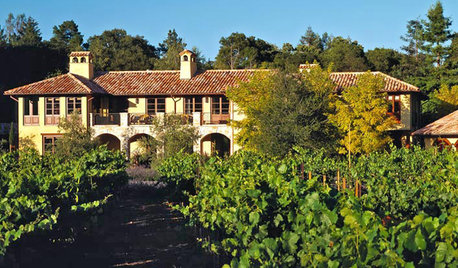
GARDENING AND LANDSCAPINGHow to Start a Home Vineyard
Dreaming of a winemaker's life? You may be able to have it where you are
Full Story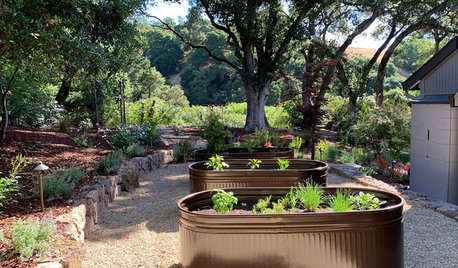
FARM YOUR YARD6 Things to Know Before You Start Growing Your Own Food
It takes time and practice, but growing edibles in the suburbs or city is possible with smart prep and patience
Full Story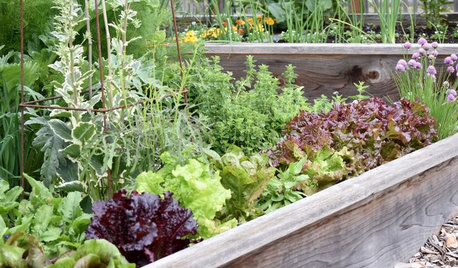
GARDENING GUIDESSeeds or Seedlings? How to Get Your Garden Started
Growing delicious herbs and vegetables starts with knowing your goals and when you want to plant
Full Story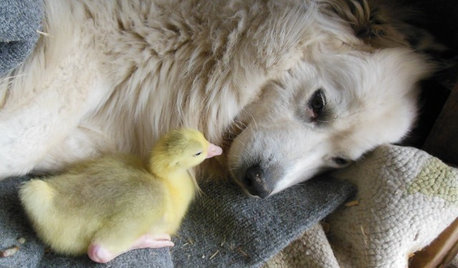
HOUZZ TV FAVORITESHouzz TV: Life, Love and Purpose Down on the Farm
A Missouri native proves that you can go home again — and discover something entirely unexpected
Full Story
PRODUCT PICKSGuest Picks: A Nursery Starts With Art
A beautiful art print is the catalyst for this happy blue and yellow nursery design
Full Story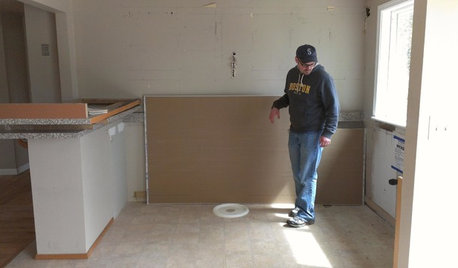
KITCHEN DESIGNStylish New Kitchen, Shoestring Budget: See the Process Start to Finish
For less than $13,000 total — and in 34 days — a hardworking family builds a kitchen to be proud of
Full Story
GARDENING GUIDESHow to Stop Worrying and Start Loving Clay Soil
Clay has many more benefits than you might imagine
Full Story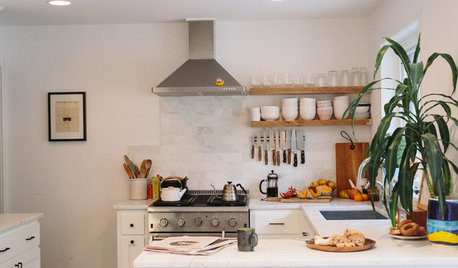
HOUZZ TOURSHouzz Tour: New Love and a Fresh Start in a Midcentury Ranch House
A Nashville couple, both interior designers, fall for a neglected 1960 home. Their renovation story has a happy ending
Full Story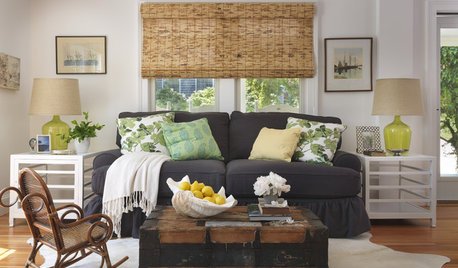
DECORATING GUIDESHow to Decorate When You're Starting Out or Starting Over
No need to feel overwhelmed. Our step-by-step decorating guide can help you put together a home look you'll love
Full Story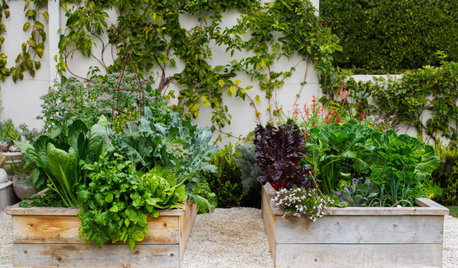
MOST POPULARHow to Start a Cool-Season Vegetable Garden
Late summer and late winter are good times to plan and plant cool-season crops like salad greens, spinach, beets, carrots and peas
Full Story





jackjones
pamghatten
Related Professionals
Surprise Landscape Architects & Landscape Designers · Kenmore Landscape Architects & Landscape Designers · Cordele Landscape Contractors · East Lake-Orient Park Landscape Contractors · Lemay Landscape Contractors · Long Branch Landscape Contractors · Manhattan Landscape Contractors · National City Landscape Contractors · South Hackensack Landscape Contractors · Ferguson Landscape Contractors · Arroyo Grande Fence Contractors · Lauderhill Fence Contractors · Whitman Fence Contractors · Fort Pierce Decks, Patios & Outdoor Enclosures · Truckee Decks, Patios & Outdoor Enclosuresscratchmaster8Original Author
pamghatten
oregonwoodsmoke
scratchmaster8Original Author
deanna in ME Barely zone 6a, more like 5b
scratchmaster8Original Author
trianglejohn
goodhors
scratchmaster8Original Author
trianglejohn
goodhors
bigbaldman
rich3800
edithculkins
bulldinkie